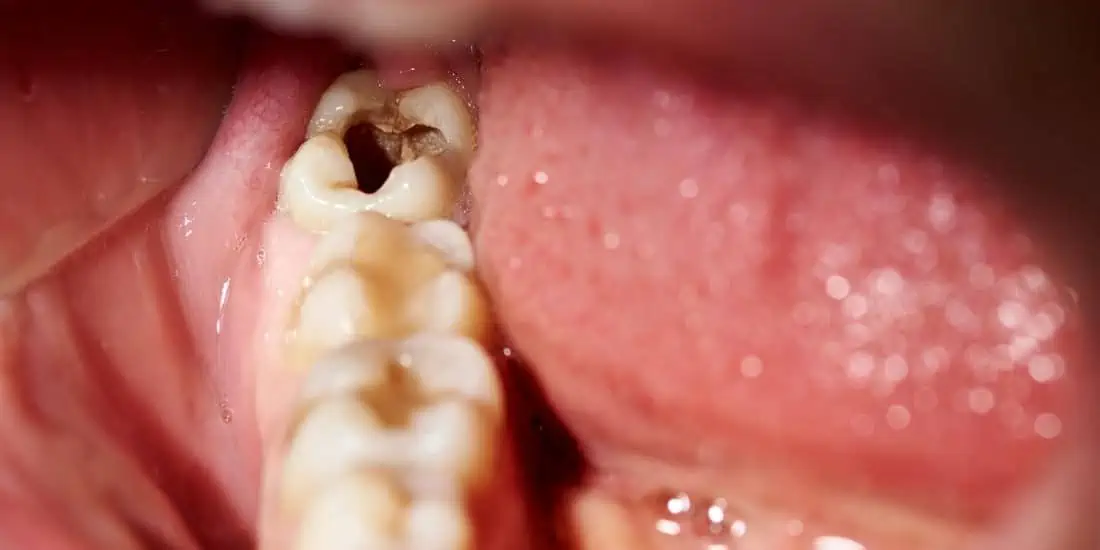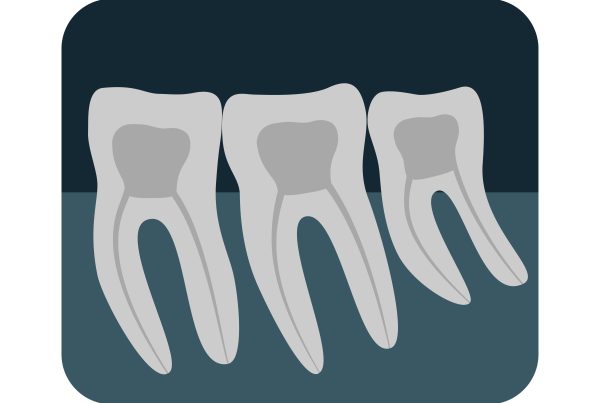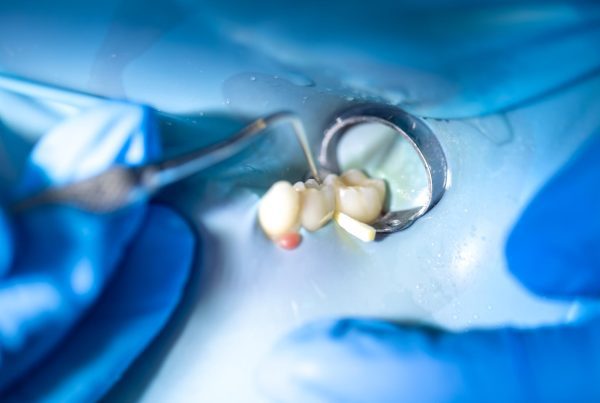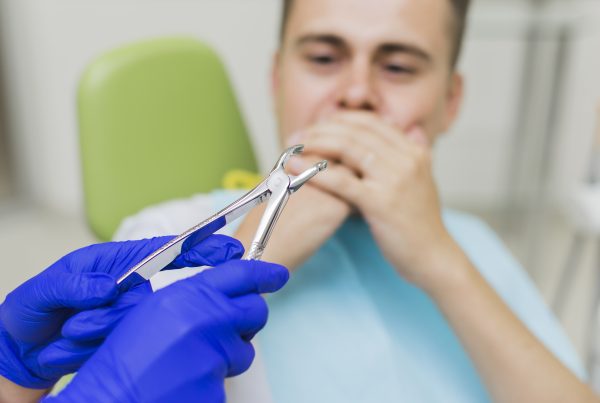An Article On Why Your Wisdom Tooth May Be Turning Black
A black wisdom tooth is a dental condition that can be a source of concern for many individuals. Wisdom teeth, also known as third molars, are the final set of molars that typically emerge in the late teens or early twenties. However, when these teeth become partially impacted, infected, or otherwise compromised, they can develop a black appearance due to various factors such as decay, staining, or even necrosis. This darkened coloration can be a sign of underlying issues and may necessitate dental evaluation and treatment. In this article, we will explore the causes, symptoms, and potential solutions related to black wisdom teeth, shedding light on the importance of oral health and dental care.

What causes a wisdom tooth to turn black?
A wisdom tooth may turn black due to various factors, with cavities and sclerotic dentin being two significant contributors to this discoloration. Cavities, or dental caries, are a common cause of blackening in wisdom teeth. When these molars partially erupt or emerge at an awkward angle, they can be challenging to clean properly. As a result, food particles and bacteria can accumulate in the deep crevices and fissures of the tooth, leading to the formation of cavities. These cavities can progress over time, causing the tooth structure to decay and darken. The accumulation of bacteria, combined with the breakdown of enamel, results in a black appearance.
Sclerotic dentin is another factor that can contribute to the blackening of wisdom teeth. When wisdom teeth or any other teeth in the oral cavity experience excessive wear and tear, the dentin, which is the inner layer of the tooth, can undergo changes. In response to prolonged stress, the dentin can become sclerotic, meaning it becomes harder and less permeable. This can result in the darkening of the tooth, as less light can pass through the hardened dentin, making the tooth appear black. In combination with cavities, sclerotic dentin can exacerbate the discoloration of wisdom teeth, leading to their blackened state. It is important to address these issues promptly through dental evaluation and treatment to prevent further complications.
Are black wisdom teeth a common dental issue?
Black wisdom teeth, or wisdom teeth that have turned dark or black in color, are not as common as other dental issues like cavities or gum disease, but they do occur in a notable percentage of the population. The frequency of this condition varies among individuals and is often linked to factors such as oral hygiene, the presence of cavities, or the extent of dentin sclerosis in these teeth. While not everyone will experience black wisdom teeth, it is essential to recognize that when they do occur, they often signal an underlying dental problem that requires attention. Regular dental check-ups and early intervention can help identify and address black wisdom teeth to prevent further complications and maintain overall oral health.


What are the consequences of leaving black wisdom teeth untreated?
Leaving black wisdom teeth untreated can have various consequences that may worsen over time. One of the most common and concerning issues is the progression of dental decay or cavities in these teeth. If cavities are not addressed, they can continue to spread and deepen, leading to further destruction of tooth structure. This can eventually result in severe pain, infection, and potential damage to neighboring teeth and gum tissues. In more advanced cases, untreated black wisdom teeth may form abscesses, which are painful pockets of infection that can lead to systemic health problems if the infection spreads throughout the body. Delayed treatment can also result in the need for more extensive and invasive procedures like tooth extraction, which can be both painful and costly.
However, it is essential to note that not all cases of black wisdom teeth require treatment for sclerotic dentin. In some instances, wisdom teeth may exhibit blackening due to the natural aging process of dentin without any underlying dental issues. In such cases, the discoloration may not be a sign of active decay or disease and may not necessitate treatment. It is crucial to differentiate between harmless age-related changes and pathological issues when considering whether treatment is required for black wisdom teeth. Dental professionals can assess the specific situation and recommend appropriate care based on the individual’s condition.
What treatment options are available for black wisdom teeth?
Treatment options for black wisdom teeth depend on the underlying cause of the discoloration and the associated dental issues. Here are some common treatment approaches:
- Cavity Restoration: If the blackening is due to dental cavities, the affected area can be cleaned, and the decayed portion is removed. The cavity is then filled with dental restorative materials such as dental amalgam or composite resin to restore the tooth’s appearance and function.
- Root Canal Therapy: In cases where the decay has progressed to the tooth’s pulp (innermost layer), a root canal procedure may be necessary. This treatment involves removing the infected pulp, disinfecting the tooth, and sealing it to prevent further infection.
- Dental Crowns: For more extensive damage or weakened teeth, dental crowns may be recommended. Crowns are custom-made to fit over the entire tooth, providing strength and protection while improving aesthetics.
- Tooth Extraction: In some instances, the damage or infection may be too severe for conservative treatments, and extraction of the black wisdom tooth becomes necessary. This is particularly the case when the tooth poses a risk to overall oral health or causes significant pain and discomfort.
- Management of Sclerotic Dentin: In situations where the blackening is primarily due to sclerotic dentin, no treatment may be needed if there are no other associated issues. Dental professionals can monitor the tooth’s condition and ensure that it remains stable and healthy.
The appropriate treatment option will be determined after a comprehensive dental evaluation, which includes assessing the extent of damage, the presence of infection, and the overall oral health of the individual. It’s important to consult with a dentist to determine the most suitable course of action for black wisdom teeth based on the specific circumstances.


Is the dental crown placement procedure painful, and how is discomfort managed during and after the procedure?
While home remedies cannot treat black wisdom teeth once they have developed, there are preventive measures and oral care practices that can help reduce the risk of their occurrence. Here are some tips to maintain good oral health and prevent black wisdom teeth:
- Oral Hygiene: Maintain a rigorous oral hygiene routine by brushing your teeth at least twice a day and flossing daily. Proper cleaning can help prevent the development of cavities and decay in wisdom teeth.
- Regular Dental Check-ups: Schedule regular dental check-ups, including dental X-rays, to monitor the health and development of your wisdom teeth. Early detection of any issues can help prevent complications.
- Dietary Choices: Consume a balanced diet and limit sugary and acidic foods and beverages, as they can contribute to tooth decay. A diet rich in calcium and other essential nutrients is beneficial for dental health.
- Fluoride Products: Use fluoride toothpaste and mouthwash to strengthen tooth enamel and prevent cavities.
- Oral Irrigation: Consider using an oral irrigator or water flosser to clean hard-to-reach areas around wisdom teeth more effectively.
- Avoid Smoking and Tobacco: Smoking and tobacco use can stain and damage teeth, including wisdom teeth. Avoiding these habits can help maintain tooth color.
- Early Wisdom Tooth Assessment: Consult with your dentist to determine if early removal of wisdom teeth might be necessary to prevent potential issues.
Remember that maintaining good oral hygiene practices is key to preventing the development of black wisdom teeth. If you have concerns about your wisdom teeth or notice any changes in their appearance, it’s advisable to seek professional dental advice and treatment.


